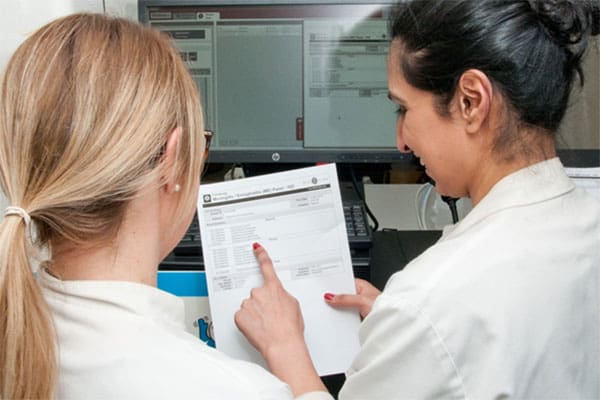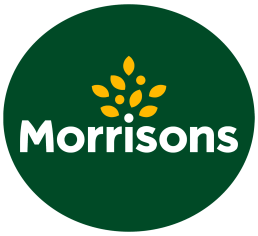Around 30,000 children and their families visit the paediatric ward at Warrington Hospital each year. These young patients have a variety of medical needs, from regular medical treatments and planned procedures to investigations and emergency responses. A high percentage of these patients have complex needs.
Visiting hospital can be boring, stressful and frightening for children, especially for those with special needs who can be either over-stimulated or under-stimulated by clinical environments. The hospital has asked for our help to provide three Early Years Interactive Touch Screens for the playrooms to entertain young children who are staying in the hospital or awaiting procedures.
These units have 32” full HD screens and it is easy to adjust their height and tilt. They can be loaded with a wide variety of apps, including sensory lights, colours, sounds and music, as well as apps designed to improve literacy and numeracy. The Early Years Interactive Touch Screens will provide a way of engaging and entertaining young patients during challenging times.
The children’s ward at Warrington were recently loaned this equipment for a few days and patients were given the opportunity to play with it, which was much appreciated by both the children and their families. One boy said he enjoyed using the musical instruments, choosing different instruments, and seeing what noise they made.
Another young child on the ward, who was partially sighted, really enjoyed the sensory light movement app. He could touch the screen at any point and it would burst with bright colours and sounds. The child was also in a mobility chair and was able to adjust the table height and screen tilt to ensure he had a suitable viewing point.
Not only can the tablet be used in the playroom, but it is also easily moveable into cubicles for patients who are in isolation due to infections or weakened immune systems.
We would like to provide two Early Years Interactive Touch Screens for the hospital: one for the ophthalmology department and one for the children’s emergency unit. We would expect the screens to last for a minimum of five years and benefit thousands of children and families during that time.











